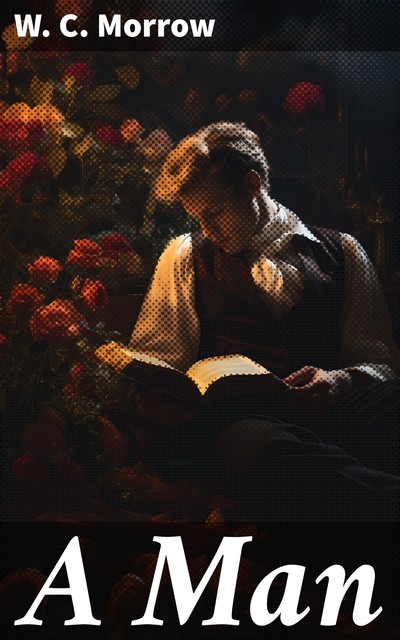W. C. Morrow'Äôs novella, “A Man,” offers a profound exploration of identity and existential reflection through the lens of a fantastical narrative. Written in a style that blends elements of speculative fiction with philosophical musings, the novella invites readers to consider the essence of humanity in a rapidly changing world. Morrow skillfully employs vivid imagery and intricate character development to draw readers into a tale that hinges on the juxtaposition of the mundane and the extraordinary, embedding his themes within a richly textured prose that challenges societal norms and existential conventions. W. C. Morrow (1854–1923) was a pioneering figure in the realms of speculative fiction, whose works often grappled with the complexities of human existence and the implications of technological progress. His experiences as a writer during the late 19th and early 20th centuries, a period marked by significant cultural shifts and advancements, informed his exploration of intricate human dilemmas. Morrow's unique background in journalism and literature provided him with a distinct voice that resonates throughout “A Man,” reinforcing the tensions and wonders inherent in the human condition. Readers seeking a challenging yet rewarding literary experience will find “A Man” an essential addition to their collection. Morrow'Äôs incisive reflections on individuality and societal expectations invite introspection, making it a valuable read for those interested in the intersections of fantasy and philosophy. This novella is not merely a story; it is an invitation to explore the deeper questions of existence that remain relevant in today's world.


